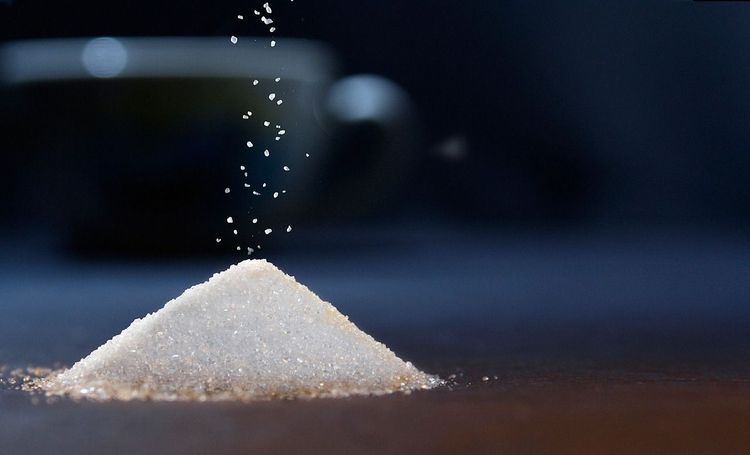LiDAR has long been a fundamental component in the fields of autonomous vehicles and robotics. While it has become an industry staple, the technology comes with its drawbacks, the most significant being its high cost.
Anand Gopalan, the former CTO and CEO of LiDAR giant Velodyne, understands both the advantages and limitations of this technology. In a notable shift, Gopalan’s latest initiative, Vayu Robotics, has chosen to completely forgo LiDAR, highlighting LiDAR-free navigation as one of its main selling points.
Founded in 2022 — two years after Gopalan led Velodyne’s public listing via SPAC — Vayu Robotics aims to revolutionize delivery robotics by making them more affordable and scalable. Bypassing LiDAR is a crucial aspect of this vision. Instead, the company has adopted foundation models, leveraging machine learning techniques at the forefront of the recent generative AI wave.
“The conventional approach to mobile robotics has involved equipping robots with multiple costly sensors and developing module-based software designed for specific tasks,” Gopalan explained in a press release. “This results in incredibly expensive sensors and computations, along with fragile software that struggles with uncertainty and unpredicted scenarios.
“Conversely, we utilize a transformer-based mobility foundation model integrated with a new generation of powerful passive sensors, eliminating the need for LiDAR, particularly in low-speed operations.”
Vayu Robotics kicks off its operations in the delivery sector, an expansive and booming industry that has faced its share of challenges. The company has garnered attention from investors, including Khosla Ventures, successfully raising $12.7 million to date.
Moreover, Vayu has secured a significant commercial partnership with a prominent e-commerce player, aiming to deploy 2,500 robots for rapid goods delivery, with additional commercial clients lined up. Although specifics of this deal remain under wraps, the large scale indicates that Vayu is advancing beyond mere pilot initiatives.
A key differentiator for Vayu is its on-road delivery strategy, moving away from the typical slow-moving sidewalk robots currently seen in the market. The company's innovative system can transport payloads of up to 100 pounds at speeds reaching 20 miles per hour.
“The unique technologies we have developed at Vayu enable us to tackle challenges that have hindered delivery robots for years, resulting in a scalable solution for efficient and cost-effective goods transportation,” Gopalan emphasizes.







